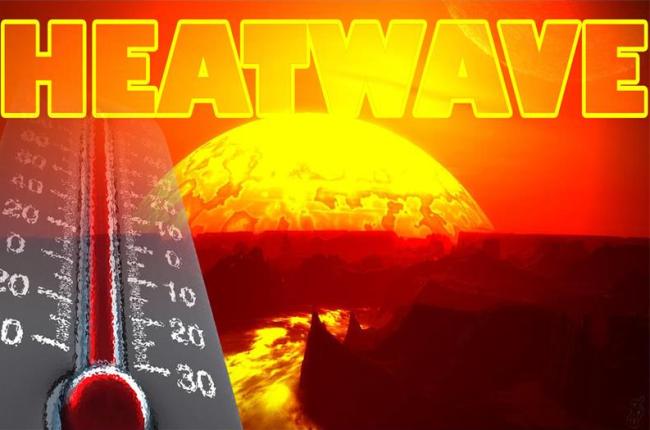With temperatures going up to maximum highs of 43 in Botswana, it shows that it is extremely hot. Some people blame the extremely hot temperatures and lack of rain to the immoral things that continue to happen in our country. But this is not the first time we have experienced these kind of temperatures, In 1998, El Nino, hit Botswana for the very first time, where we experienced heat and drought. The following facts will help you to know more about this current heat wave.
- A heat wave is a prolonged period of excessive heat, often combined with excessive humidity.
- Excessive heat is determined by Heat Index Values. The heat index, also known as the apparent temperature, is what the temperature feels like to the human body when relative humidity is combined with the air temperature.
- Summers in Botswana are hot, meaning most parts of the country experience heat waves during the summer. The Kalahari region tends to feel heat waves more with high temperature because its near the desert.
- If your pet stays outdoors during extreme heat, make sure they have cold water and an area out of the sun where they can cool off. For pets, spending time in a hot car can be super dangerous. Hang signs to remind pet owners not to leave their furry friends in hot cars.
- Young children and adults over the age of 65 are most likely to experience heat exhaustion or other heat-related illness.
- In the year 1998, Botswana experienced for the first time a heat wave that was called El Niño which claimed several lives.
- Urban areas often experience higher temperatures during the summer, referred to as “Urban Heat Island.” This is due to buildings, roads, and other infrastructures absorbing solar energy, resulting in higher temperatures.
- Heat waves can cause blackouts and power outages, especially in areas that experience the urban heat island effect.
- To stay hydrated during a heat wave, drink plenty of water and eat a salty snack to help replace the salt the body loses when it sweats.
- Take extra precautions if you work or spend time outside. When possible, reschedule strenuous activities to early morning or evening. Know the signs and symptoms of heat exhaustion and heat stroke.
Watch more facts on El Nino Here—->https://youtu.be/v92Iqihct98










